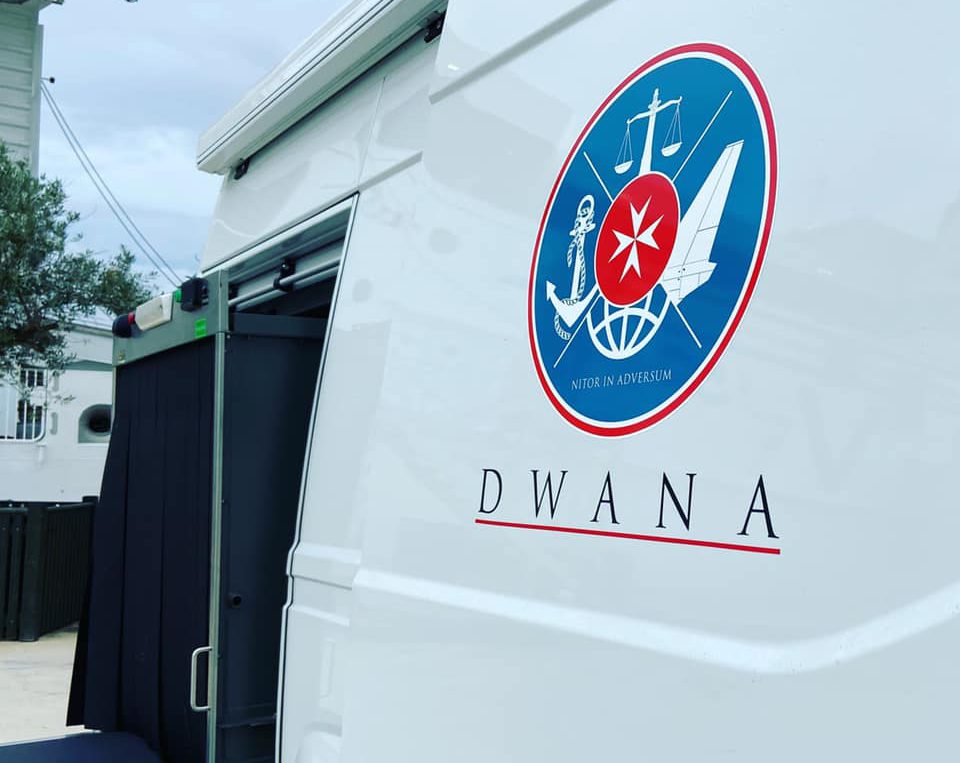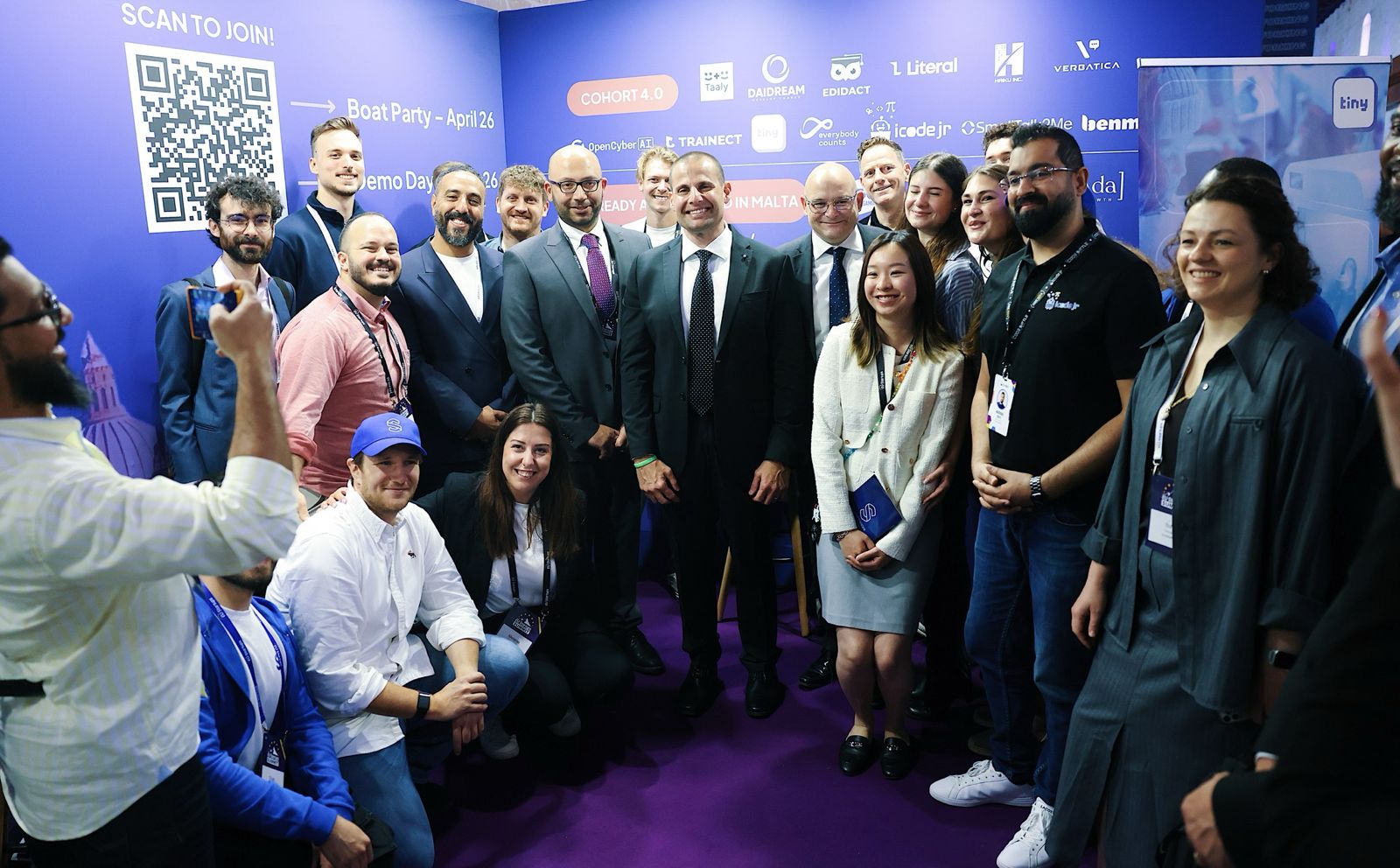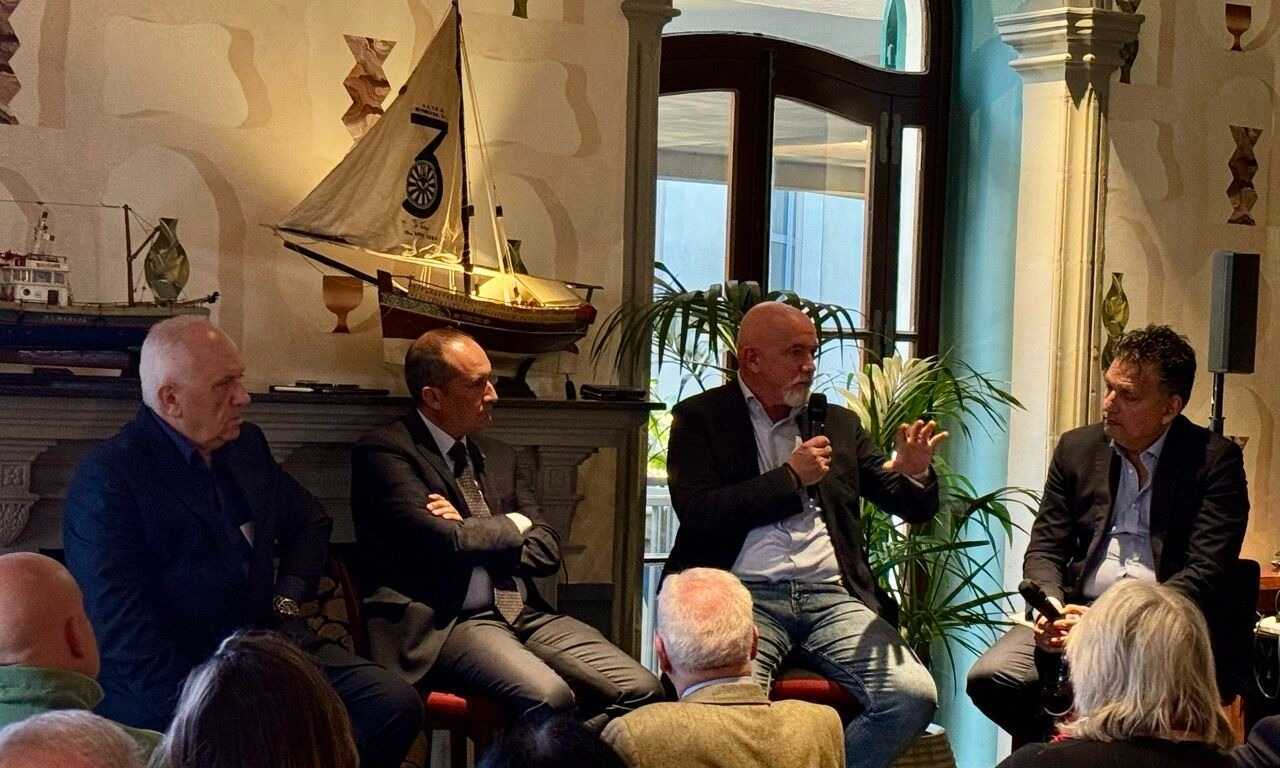Online shopping from outside the EU is getting a bit more expensive as amendments to the VAT directive enter into force at the beginning of next month, removing a “heavily abused” exemption on purchases under €22.
Cross-border business-to-consumer (B2C) e-commerce activities will be affected by the amendments to Directive 2006/11/EC, which will apply from 1st July, meant to address challenges arising from the VAT regimes for distance sales of goods and from the importation of low value consignments.
In a notice published by Customs House, it said the VAT exemption on small parcels with a value of less than €22 being imported into the EU for delivery to consumers will be withdrawn after being “heavily abused by many sellers mistakenly or deliberately under-declaring the import values of goods to avoid VAT”.
From 1st July, VAT can be charged at the point-of-sale for consignments not exceeding €150, and declared through the new Import One Stop Shop (IOSS), which non-EU sellers can register under or appoint an intermediary to register with on their behalf.
If a seller can avail of the IOSS scheme and opts for it, they (or their intermediary) then need to charge VAT at the point of sale to an EU customer.
No VAT will be charged by Customs at the point of importation, although the submission of a customs import declaration quoting the IOSS number is still mandatory.
The non-EU seller or his intermediary will then be required to remit the VAT collected to the Member State of importation together with the IOSS Return.
In this regard, the Commission has amended the UCC Delegated Regulation to provide for a lower, more manageable, but still adequate level of data (a “super-reduced data set”) in customs declarations on imports of low-value consignments (those below the threshold for application of customs duties of 150€).
This legislation is expected to mitigate, for both Customs and traders, the impact of the sharp increase in the number of customs declarations.
Where the seller cannot or opts not to use the IOSS, import VAT may be collected by the customs representative, typically postal or courier operators.
Same as the IOSS scheme, this special arrangement scheme is optional, but it may only be used if the EU country of destination of the goods and the EU country of importation are the same.
This is necessary as the VAT becomes due in the EU country of importation and that EU country cannot collect the VAT applicable in another EU country.
The scheme is introduced as an alternative simplification for the collection of import VAT in cases where neither the IOSS scheme nor the standard VAT collection mechanism on importation are being used, so no import VAT and duties have been charged at moment of sale.
Under the special arrangement, VAT is not paid at check-out. The customer pays the VAT to the company presenting the goods to customs, the declarant, who must ensure that they do not deliver the goods until they receive the VAT payment from the customer, whether before or at the moment of delivery.
This measure prevents declarants from becoming liable to pay VAT on goods not delivered or accepted by the customer – and the declarant must keep proof of non-delivery or non-acceptance from the customer to justify the waiver of the VAT due on those consignments. In such cases, the customs declaration will be invalidated, and the goods sent back to the original consignor.
Postal and express carriers wishing to apply for the special arrangement scheme need to make an official request to Director General Customs. Further details can be found here.
Cautious optimism across sectors: Business confidence rebounds in Q1 2025, says Central Bank
Confidence is creeping back into Malta’s business community
Government unveils new framework to establish ‘national one-stop-shop for startups’
Emerging companies will be able to access the necessary support, such as an enhanced share awards and stock option scheme
Aviation leaders warn EU and local policies are jeopardising Malta connectivity
An event hosted by the MBN in collaboration with the IBN explored the challenges facing the tourism industry






